

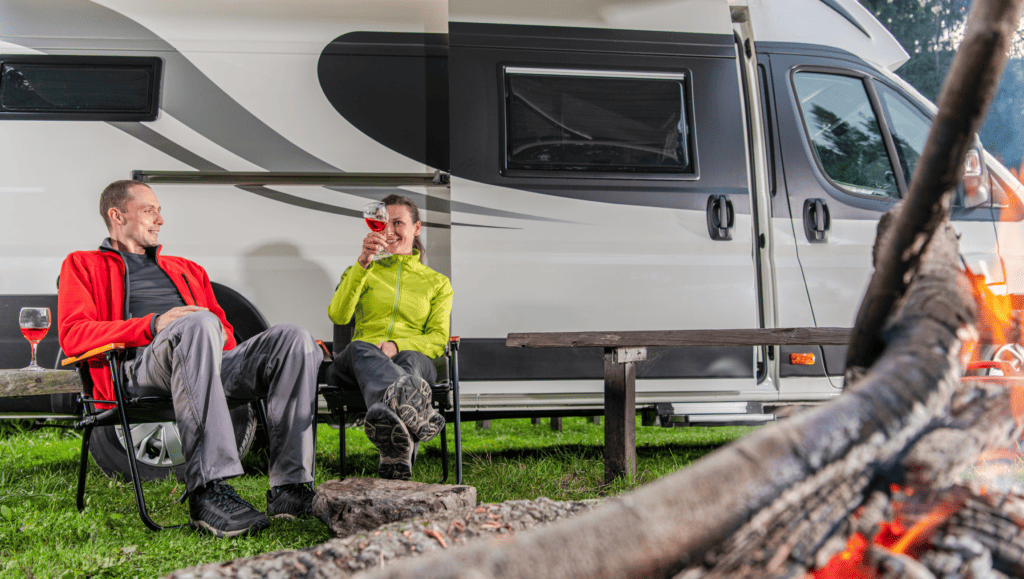


It is estimated that RV owners spent a total of approximately $3.4 billion on various goods and services while travelling throughout Canada in 2019. This includes spending on such items as food and beverage, vehicle operation (e.g., gas), recreation, entertainment, clothing, and several other categories relating to accommodation and transportation.
This spending generates a significant benefit to local municipalities, the provincial/territorial economies, as well as spread more broadly across Canada at the federal level.
± $2.2 billion in value added to the Canadian economy;
± 33,400 full-time years of employment;
± $1.2 billion in labour income across Canada; and,
± $1.1 billion in tax revenue to municipal, provincial and national governments, in the form of personal tax, corporate tax, and other taxes.

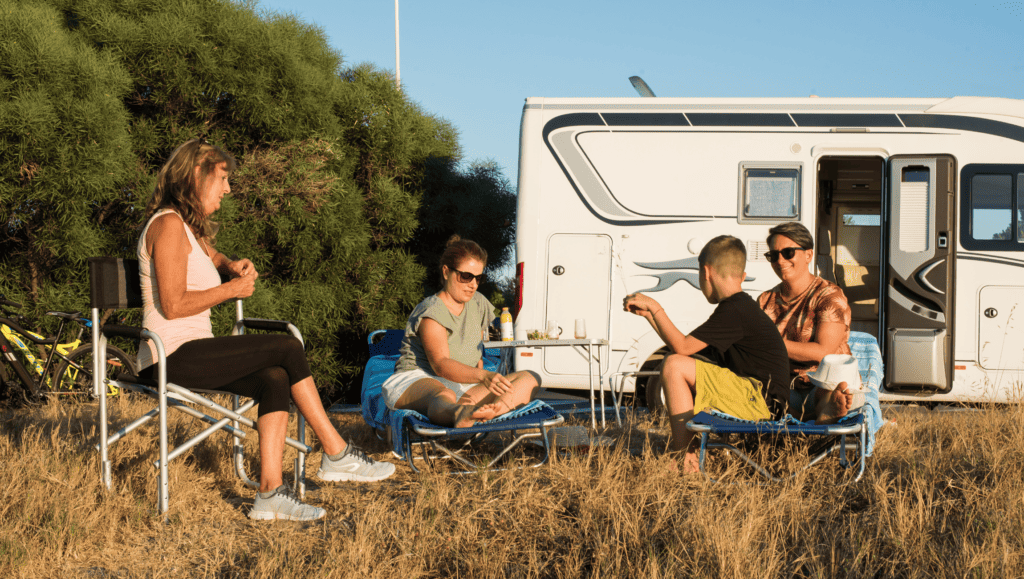
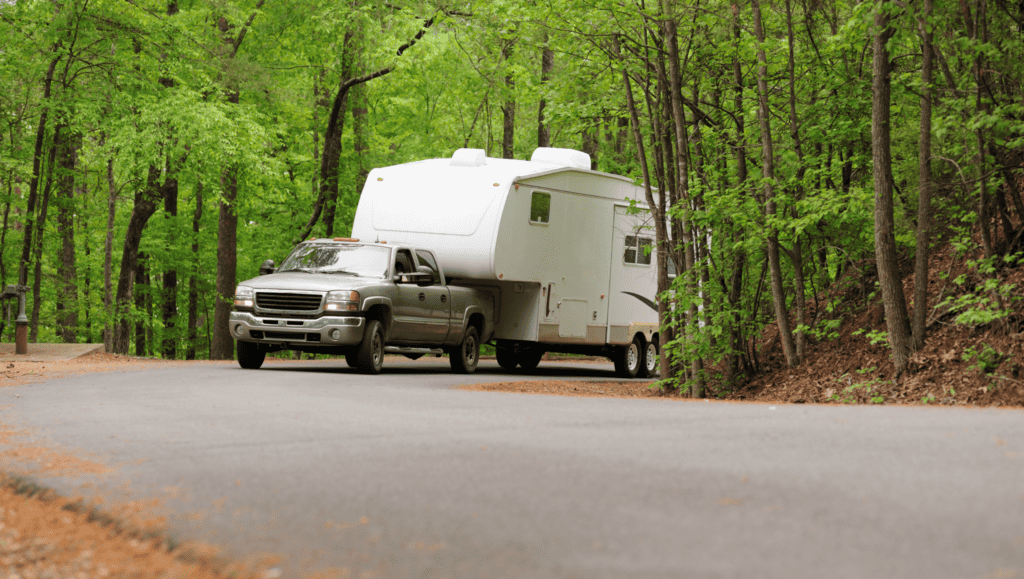

Substantial spending on items such as storage, insurance, as well as other equipment and accessories yields a significant economic impact across Canada.
± $1.5 billion in value added to the Canadian economy;
± 17,700 full-time years of employment.
± $820.0 million in labour income across Canada; and,
± $564.4 million in tax revenue to municipal, provincial and national governments, in the form of personal tax, corporate tax, and other taxes.

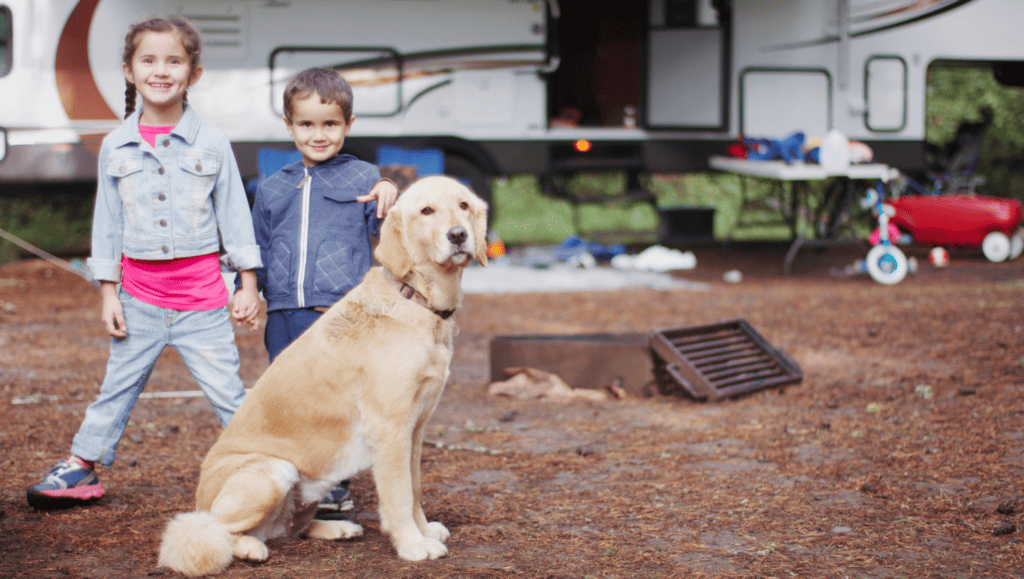
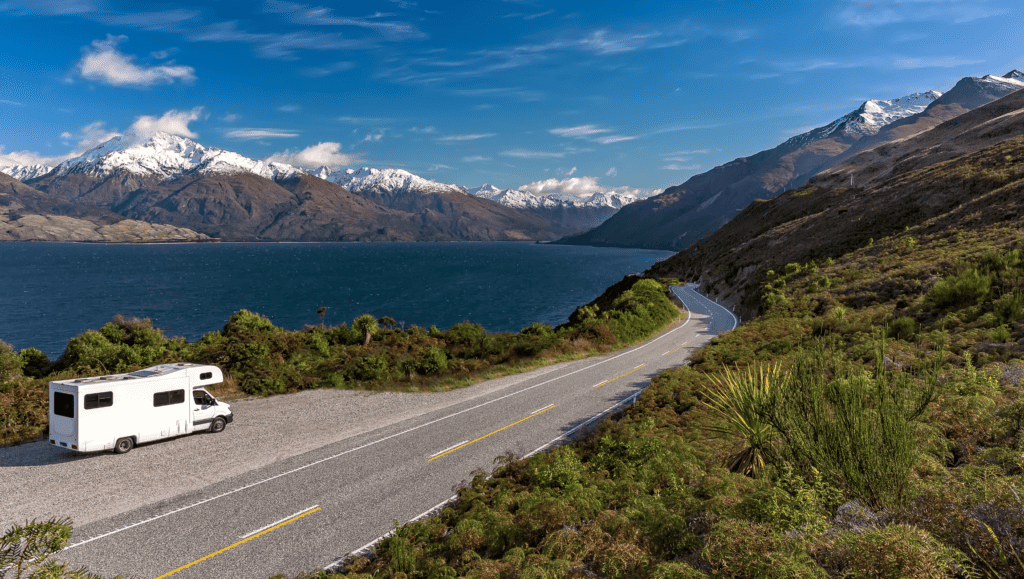

The total value of recreation vehicles manufactured in Canada was approximately $416 million in 2019.
As detailed below, the value of recreation vehicles manufactured in Canada in 2019—including direct, indirect and induced impacts—generates significant value for the Canadian economy.
± $314.4 million in value added to the Canadian economy;
± 4, 800 full-time years of employment;
± $203.0 million in labour income across Canada; and,
± $86.6 million in tax revenue to municipal, provincial and national governments, in the form of personal tax, corporate tax, and other taxes.


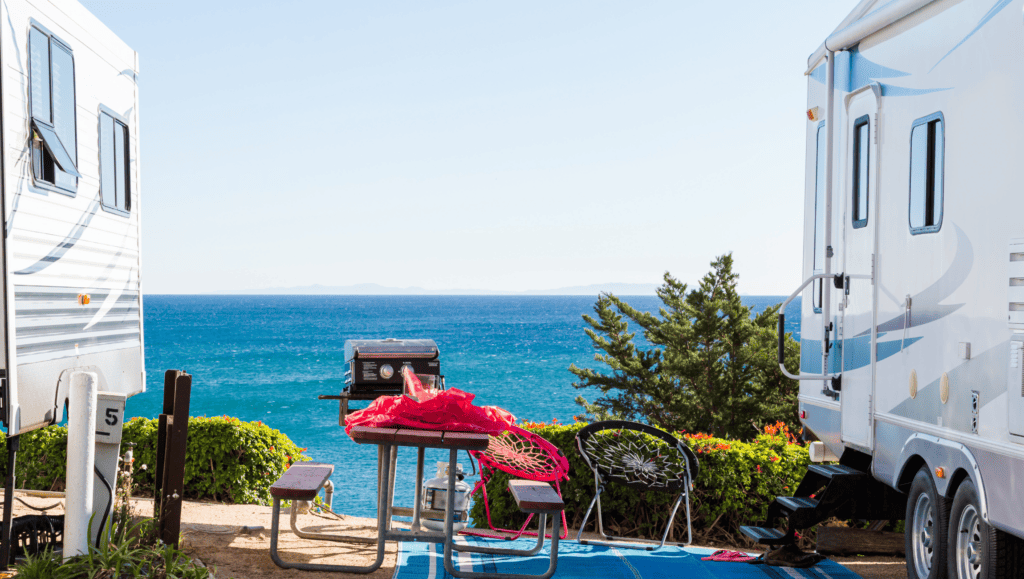
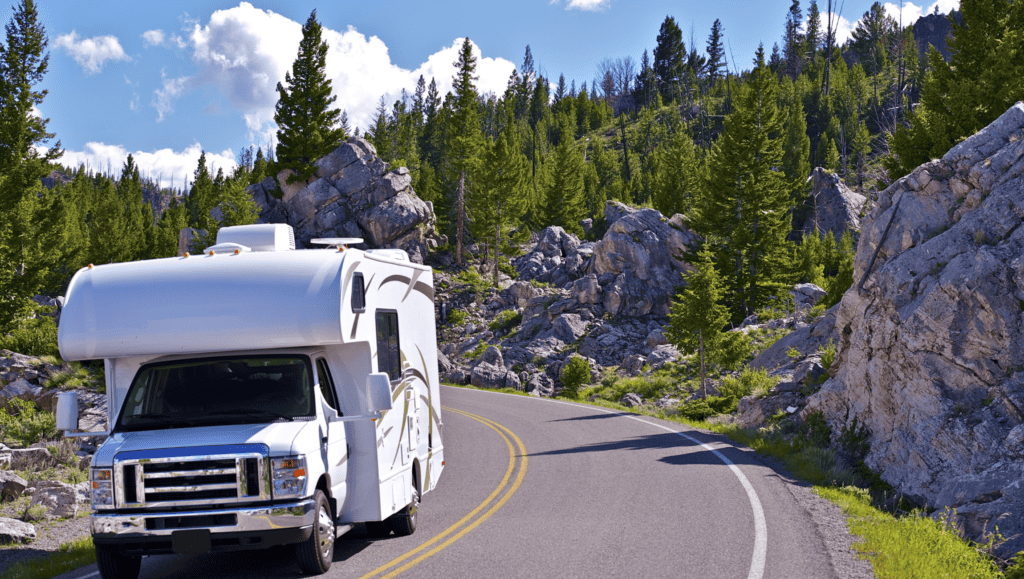
The total value of recreation vehicles sold and serviced in Canada in 2019 was approximately $3.8 billion. In calculating the economic impact of RV retail activities, however, it is important to note that only the gross retail and wholesale markup components represent the unique contributions of retail sales and service activities. The balance of these sales (including the cost of goods sold) has already been quantified separately as part of the corresponding manufacturing analysis.
The value of recreation vehicles sold in Canada in 2019 generated:
± $746.0 million in value added to the Canadian economy;
± 11, 300 full-time years of employment;
± $473.0 million in labour income across Canada; and,
± $163.5 million in tax revenue to municipal, provincial and national governments, in the form of personal tax, corporate tax, and other taxes.



In addition to tangible and measurable economic benefits, a variety of social impacts are a natural result of the outdoor hospitality industry:
Celebrating Canada and its stunning natural landscapes by facilitating accommodation options in a variety of locations from coast to coast.
Camping provides travel and leisure options to a broad range of socioeconomic levels, giving more Canadians the ability to travel, enjoy nature, and make memories that last a lifetime.
Recent expansion of camping products and options in the Outdoor Hospitality industry has made the camping and RVing lifestyle more accessible and desirable to diverse demographics.
As demonstrated during the pandemic, exposure to the outdoors has a significant positive impact on the mental wellbeing of Canadians.
Receive regular updates from the Canadian Camping & RV Council as well as our partners.
If you are a camper that does not own a campground fill out this form instead.
PO Box 226
Chestermere, Alberta
T1X 1K8
Website Designed & Marketing Provided by Insider Perks, Inc.